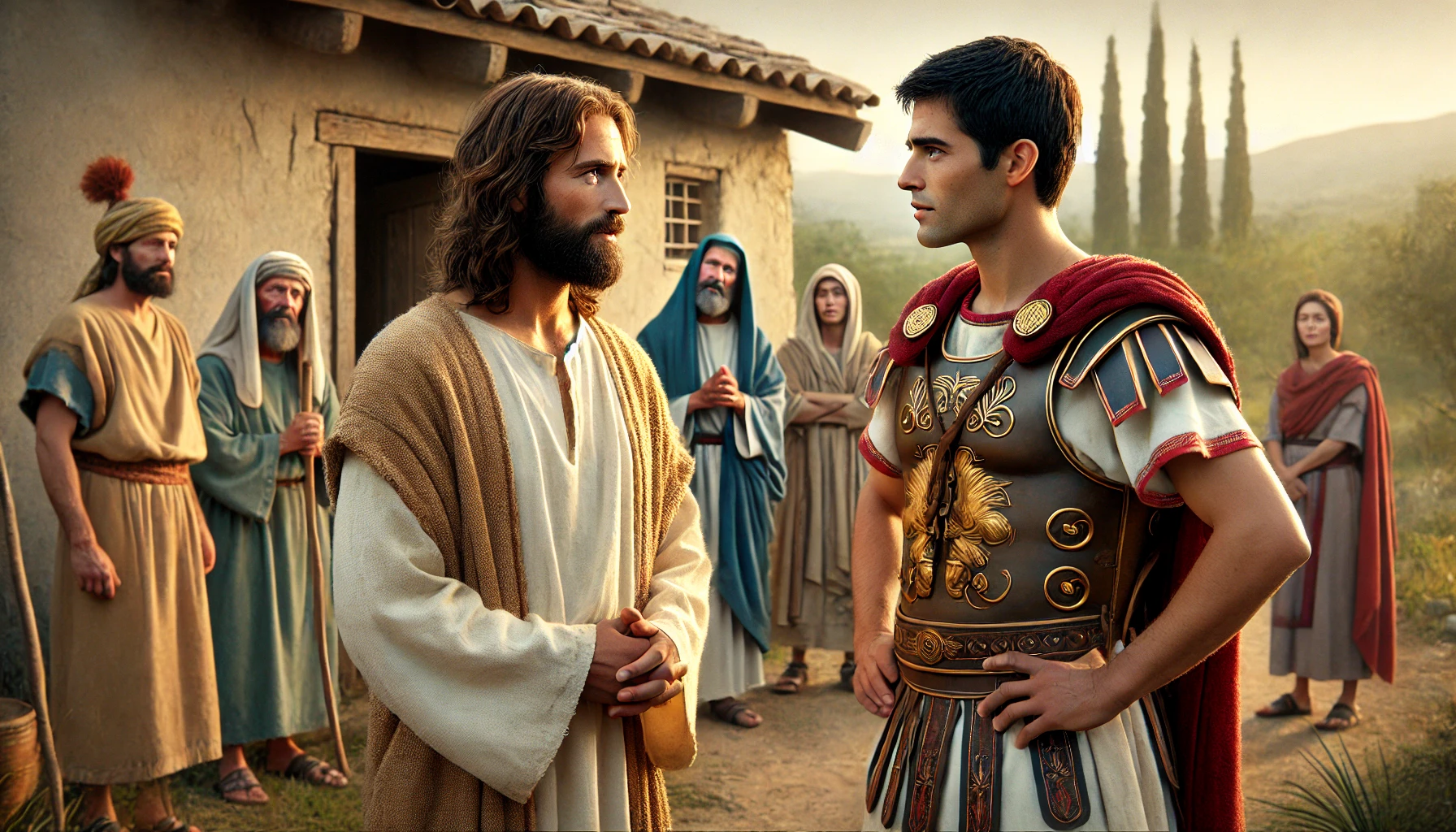Opening Verse
“Blessed be God, even the Father of our Lord Jesus Christ, the Father of mercies, and the God of all comfort;” – 2 Corinthians 1:3 (KJV)
Introduction
Life can get really tough, just like a hot day without air conditioning. This heat can teach us something important about our relationship with God.
Devotional Story
Imagine it’s a scorching summer day, and there’s no air conditioning. The heat is intense, making everything hard to do. This is like the tough times we go through in life. Just as the heat feels unbearable, our problems can seem too much to handle. But these hard times push us to find relief and comfort.
In our spiritual lives, God sometimes lets us face difficulties to make us stronger. Without the ease of “spiritual air conditioning,” we have to turn to Him for help. Just like heat refines metal, our challenges can make our faith stronger and purer.
What This Means
When it’s hot and there’s no air conditioning, we have to find other ways to cool down, like drinking water, finding shade, or taking it easy. In the same way, tough times push us to seek God more. We learn to rely on Him, knowing He is our true comfort and strength.
Think About This
Think about a time when life was really hard for you. How did you get through it? Did you turn to God for help? Remember how those tough times made your faith stronger.
Prayer
Lord, help us to see our problems as a chance to get closer to You. When life gets really hard, remind us that You are our strength and comfort. Make our faith stronger through every difficulty. Amen.
Closing Verse
“Beloved, think it not strange concerning the fiery trial which is to try you, as though some strange thing happened unto you.” – 1 Peter 4:12 (KJV)









